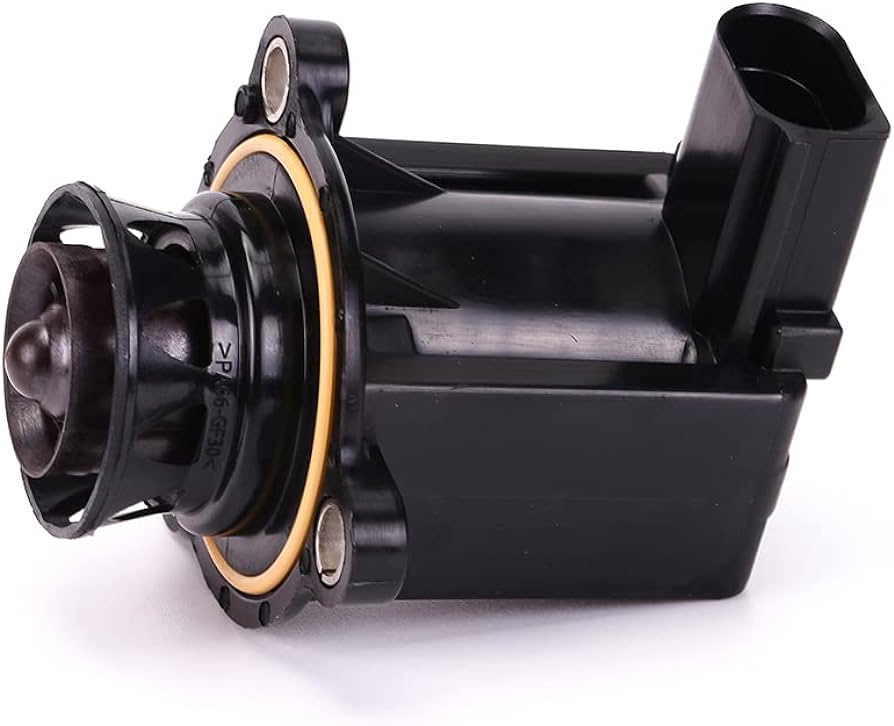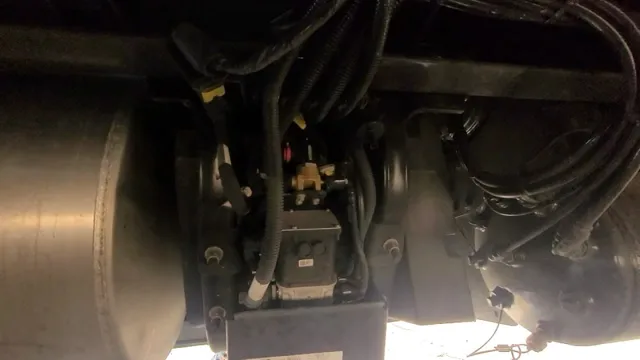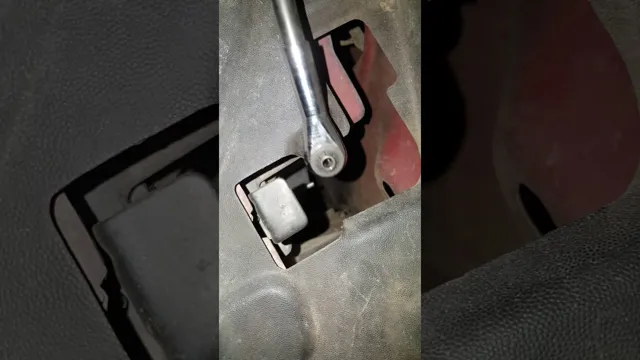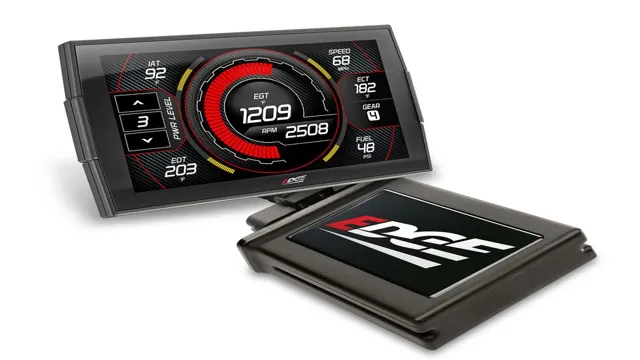How to Bypass EGR Valve: Easy Solutions and Techniques
Exhaust Gas Recirculation (EGR) Valves are a crucial component of a vehicle’s emissions control system. However, there are instances where bypassing the EGR valve becomes necessary. Whether you’re dealing with a faulty EGR valve or looking to enhance your vehicle’s performance, bypassing the EGR valve can be a viable solution. In this comprehensive guide, we’ll walk you through the process of bypassing the EGR valve, while also discussing the potential benefits and drawbacks of doing so.

Credit: www.reddit.com
Understanding the EGR Valve
Before we delve into bypassing the EGR valve, it’s essential to understand its function. The EGR valve recirculates a portion of the exhaust gases back into the engine’s intake manifold, lowering the combustion temperature to reduce the formation of nitrogen oxides (NOx). While this process aids in emission reduction, it can also lead to carbon buildup and hinder performance over time.
Reasons for Bypassing the EGR Valve
There are several reasons why bypassing the EGR valve might be considered:
- Faulty EGR Valve: A malfunctioning EGR valve can disrupt engine performance and lead to issues such as rough idling, stalling, and decreased fuel efficiency.
- Performance Enhancement: Bypassing the EGR valve can potentially improve engine responsiveness and overall performance, particularly in older vehicles.
- Reduced Maintenance: By eliminating the EGR system, you can reduce the likelihood of carbon buildup and related maintenance issues.
Benefits and Drawbacks of Bypassing the EGR Valve
Before embarking on the process of bypassing the EGR valve, it’s important to weigh the potential pros and cons:
| Benefits | Drawbacks |
|---|---|
| Improved engine performance and fuel efficiency. | Potential increase in nitrogen oxide emissions, impacting environmental compliance. |
| Reduction in carbon buildup, leading to lower maintenance requirements. | May void vehicle warranties and fail emissions tests in regions with strict regulations. |
| Potential cost savings from avoiding EGR valve replacement or maintenance. | Legal implications in regions where tampering with emissions control systems is prohibited. |
How to Bypass the EGR Valve
Now, let’s explore the steps involved in bypassing the EGR valve:
- Locate the EGR Valve: The EGR valve is typically situated on or near the intake manifold. Refer to your vehicle’s manual or seek guidance from a professional if you’re unsure about its location.
- Assess Bypass Methods: Depending on your vehicle’s make and model, there are various methods for bypassing the EGR valve, such as installing a block-off plate, using a vacuum line bypass, or utilizing electronic tuners to deactivate the EGR system.
- Prepare for Modifications: Before initiating any modifications, ensure that you have the necessary tools and replacement components. It’s advisable to disconnect the vehicle’s battery and allow the engine to cool down before proceeding.
- Implement Bypass Solution: Follow the specific instructions for your chosen bypass method. This may involve removing the EGR valve and installing the block-off plate, disconnecting and rerouting vacuum lines, or reprogramming the vehicle’s ECU to deactivate the EGR system.
- Perform Testing and Verification: After completing the bypass, start the engine and inspect for any abnormalities. Additionally, ensure there are no warning lights or error codes indicating EGR system malfunctions.
Legal Considerations and Compliance
It’s crucial to note that tampering with emissions control systems is illegal in many regions, and bypassing the EGR valve may violate environmental regulations. Before proceeding with any bypass modifications, familiarize yourself with the laws and regulations governing vehicle emissions in your area. Failure to comply with these regulations can result in fines, vehicle impoundment, or other legal consequences.
Consultation and Professional Assistance
If you’re uncertain about bypassing the EGR valve or require guidance specific to your vehicle, it’s advisable to consult with a qualified automotive technician or seek assistance from a reputable automotive service provider. They can provide insight into the potential implications of bypassing the EGR valve and help you make an informed decision based on your vehicle’s requirements and local regulations.
Frequently Asked Questions Of How To Bypass Egr Valve: Easy Solutions And Techniques
What Are The Symptoms Of A Faulty Egr Valve?
A faulty EGR valve can cause rough idling, decreased fuel economy, and engine knocking.
How Can I Diagnose A Problematic Egr Valve?
Use a vacuum gauge or an OBD2 scanner to check for EGR valve issues.
Is It Possible To Bypass The Egr Valve?
Yes, it is possible to bypass the EGR valve, but it may not be legal in some areas.
What Are The Potential Benefits Of Bypassing The Egr Valve?
Bypassing the EGR valve can reduce carbon buildup and improve engine performance.
Conclusion
Bypassing the EGR valve can be a contentious topic, with potential benefits in terms of performance and maintenance, but also legal and environmental considerations. It’s essential to carefully weigh the advantages and drawbacks before proceeding with any modifications. Ultimately, consulting with professionals and staying informed about the legal and environmental implications is crucial for making an informed decision regarding the bypassing of the EGR valve.







